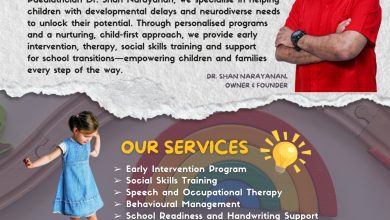By Dr Phang Cheng Kar
In the latest National Health & Morbidity Survey (2015), the prevalence of mental health problem among Malaysian adults has increased threefold from 10.7% in 1996 to 29.2% in 2015. One of the scientifically supported ways for reducing stress is through mindfulness practice.


- Breathe mindfully. We can use the breath as an emotional anchor to cope with the challenges in life. On your next breath, gently bring your awareness to your breathing. The awareness can be in the form of noticing the rising and falling of abdomen/chest/shoulder; sensation of air flowing in and out at the nostrils or back of the throat; or the sound of breathing. As you are breathing in, smile and imagine you are a giant tree (or anything you associate with emotional stability). As you are breathing out, recite silently, “Relax…” or “Calm…” or “Peace…..”
- NOWING – Live in the present moment. Try to pay full attention to whatever we are doing and do one thing at a time. NOWING is the opposite of multi-tasking (e.g., answering the phone, checking Facebook, and eating simultaneously), or doing things mindlessly (e.g., attending a meeting while thinking about a potential holiday destination). Going about your work with undivided attention has two benefits: workload is less overwhelming, and work quality is better.
- Pay attention to WWW (What Went Well). Mindfulness is attention training. A useful mind tool that I have developed is known as “Google-WWW-Yahoo.” In this practice, we repeatedly make an effort to mentally search (Google) for and pay attention to the blessings (WWW) in life and rejoice/celebrate (Yahoo). We can do this practice like a game. Sit with friends in a circle, share your WWW, and repeat the process for several rounds. The one who shares the most ‘wins’ the game. This practice helps to train the mind to be positive, healthy, and happy.
For more mindfulness-based practices for stress reduction, please refer to the MINDFULGym Malaysia website https://www.mindfulgymalaysia.com/


